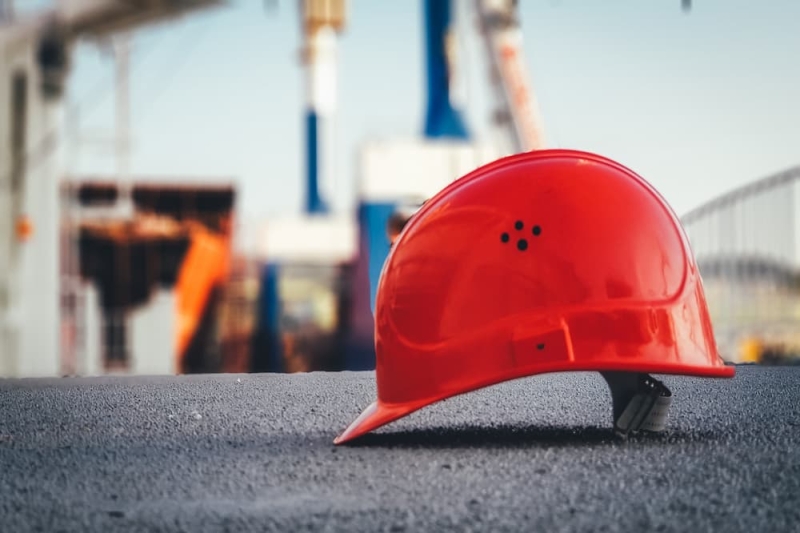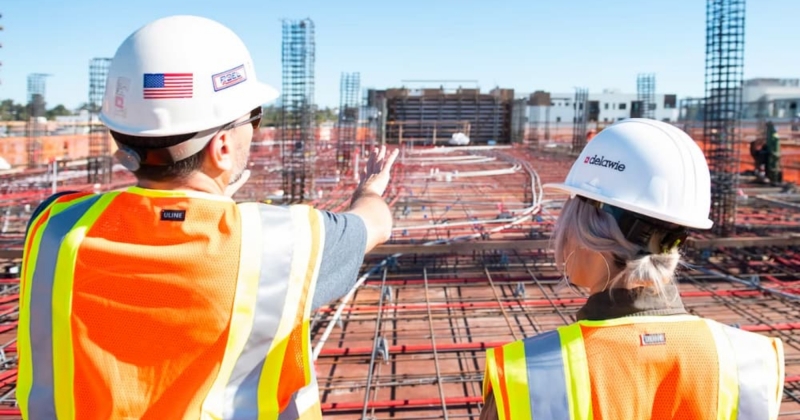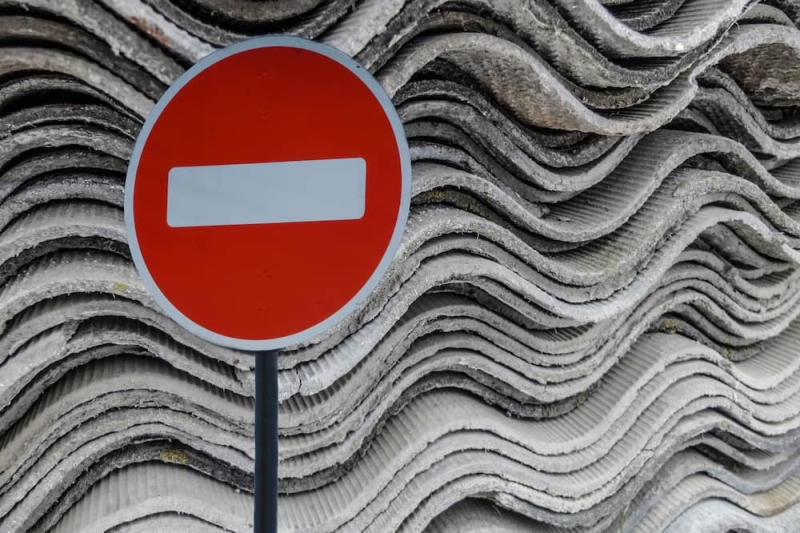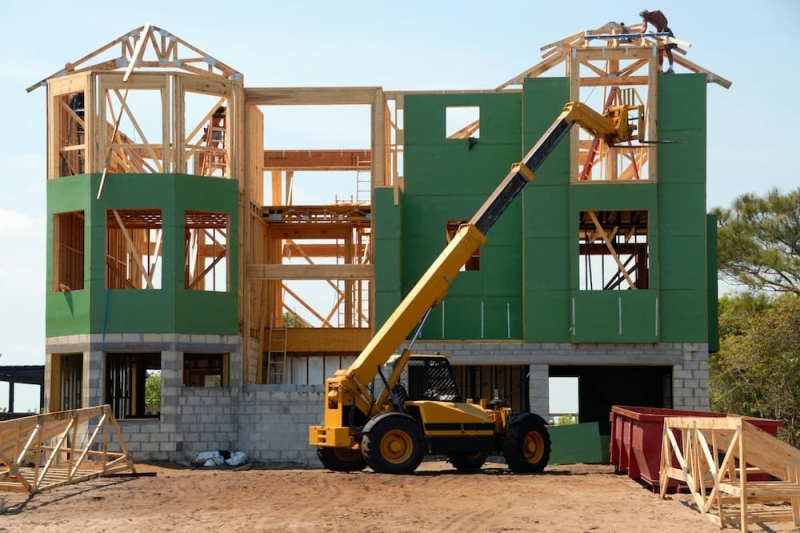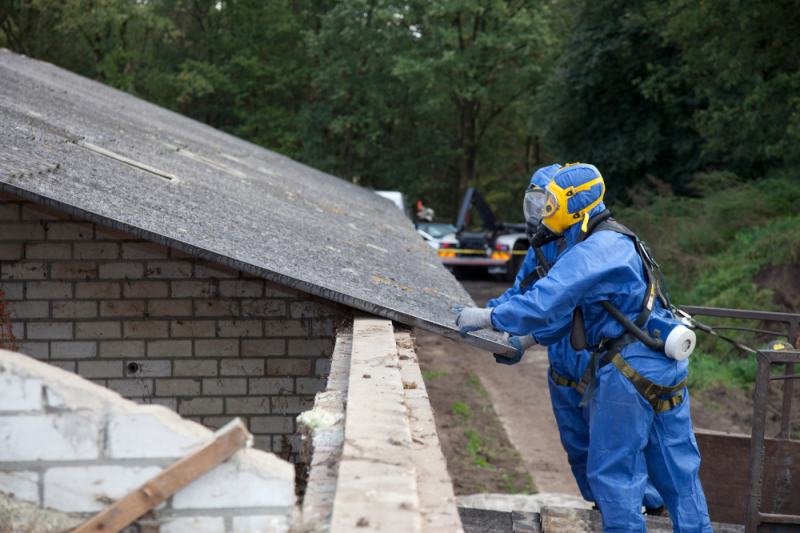3rd May 2024
What is a Competent Person?
If you are an employer or responsible for the health and safety within an organisation, you're likely to have come across the term - ‘competent person’.

If you are an employer or responsible for the health and safety within an organisation, you're likely to have come across the term - ‘competent person’.
For a business to carry out the correct health and safety duties, an employer must appoint someone competent to help meet these important duties.
This should be someone who has the necessary skills, knowledge and experience for the role, or they should be trained to the correct standard to qualify as a competent person.
What Does Competent Mean?
A competent person in health and safety must have the necessary knowledge, ability and skill to do the required job effectively and successfully.
If you run a small and therefore low-risk business, you may be able to manage the health and safety requirements yourself, without the need of getting an expert or external help.
Regulations do not always have specific guidance on how to achieve competence as it will always depend on the particular area of duty.
How to Appoint a Competent Person?
When it comes to who you should appoint as a competent person, the law states that you should appoint a combination of either; yourself, one or more of your employees or someone external. This is a requirement under The Management of Health and Safety at Work Regulations (1999).
To support your organisation, no matter how small or large or the number of employees you have, or if you are a high or low-risk organisation, you must appoint at least one person to take on this responsibility.
This person must comply with health and safety laws and take all reasonable steps to keep people from harm.
Health and safety can be straightforward when you have the right in-house training, tools or external support to manage health and safety in your workplace.
With your experience of your job, you will know a lot of the risks already involved with health and safety in your workspace and how to best approach it.
However, you should always check published guidance for your industry to make sure you are following all the health and safety rules correctly.
What Makes You a Competent Person?
Competence in a person can be assessed through various attributes and skills that contribute to their effectiveness in different domains.
Firstly, competence often shows through a strong knowledge base and expertise in a particular field or subject matter.
This knowledge is not just theoretical but also practical, allowing individuals to apply it effectively in real-world situations.
Furthermore, competence is often demonstrated through problem-solving abilities and adaptability. Competent individuals can analyse complex issues, identify solutions, and navigate challenges with resilience and resourcefulness.
They are open to learning and growth, continuously improving their skills and expanding their understanding to stay relevant in dynamic environments.
Individuals who can combine their ideas clearly, listen actively, and collaborate with others effectively tend to achieve better. Additionally, competence often involves qualities like integrity, reliability, and a strong work ethic, which provides trust and confidence in one's abilities.
Overall, competence encompasses a blend of knowledge, skills, attitudes, and personal qualities that allow individuals to perform effectively and achieve their goals, contributing positively to their personal and professional endeavours.
Complex Businesses or Work
If the work you do is complex then it will require higher levels of health and safety training, knowledge and experience as a more in-depth understanding of the business, possible risks and the site will be required.
Relevant training for an existing member or members of your team could help to deal with such situations because it is good practice to have a competent person in-house.
If there is no suitable competent person in the business, then finding someone an external health and safety advisor will be appropriate.
This way you can appoint someone who has the right skills, knowledge and necessary experience for the duty. Ask them about their formal qualifications along with their practical experience within the industry.
Competent Person Scheme
The government has a competent person scheme, so you can get registered to self-certify certain types of both trade and installer types of building services.
You do not have to get a council or private approved building inspector to check your work, and your customers will benefit from lower prices as a result.
This is voluntary and you can still use a local authority or a private inspector if you wish to do so. The scheme's operators and installers must follow certain rules to comply with building regulations.
Your work will be assessed to check you meet the level of competence standards that are required before you are approved.
Why is a Competent Person Important?
A competent person carries out risk assessments and plays a crucial role in various aspects of life, from personal endeavours to professional settings.
Their importance lies in their ability to contribute positively to different situations and achieve desired outcomes efficiently and effectively. Here's why a competent person is essential:
- Problem-solving: Competent individuals have the skills and knowledge to identify problems, analyse them, and develop effective solutions. They can face challenges with ease, minimising setbacks and maximising opportunities for success.
- Innovation: Competence often fosters creativity and innovation. Competent individuals are more likely to think outside the box and explore new ideas driving progress and advancement in their respective fields.
- Productivity: Competent individuals are great at managing their time, resources, and tasks effectively. Their ability to prioritise, organise and execute responsibilities allows them to achieve goals efficiently, contributing to increased productivity and overall success.
- Teamwork: Competent persons are valuable to the team. They communicate effectively, collaborate seamlessly, and leverage their skills and expertise to contribute to group efforts. Their presence enhances team dynamics and encourages a positive work environment.
- Leadership: Competent individuals often emerge as natural leaders. Their knowledge, skills, and integrity inspire confidence and trust among their peers, making them effective influencers and decision-makers.
What Happens if I Don't Appoint a Competent Person?
Failing to appoint a competent person can lead to prosecution as it breaches The Management of Health and Safety at Work Regulations Act, which can lead to fines or in extreme cases even imprisonment.
Not only that, failing to have a competent person in place can lead to panic among staff members and not feeling safe in the workplace.
At Beaconrisk, we can help you with any form of health and safety including appointing a competent person. Our expert team has the expertise and experience to act as your competent person to put you on the right side of the law.
Providing health and safety support, competent health and safety advice as well as health and safety training, we can act as your competent person towards helping create a safe working environment for your business.
